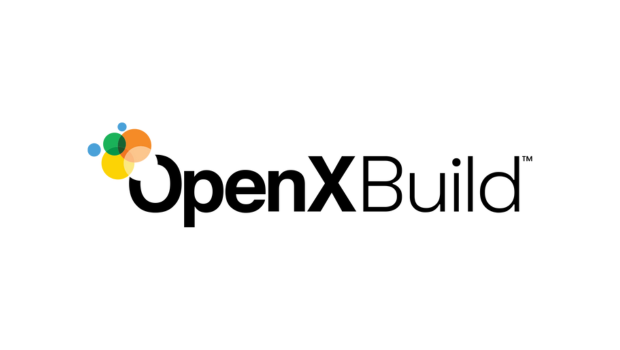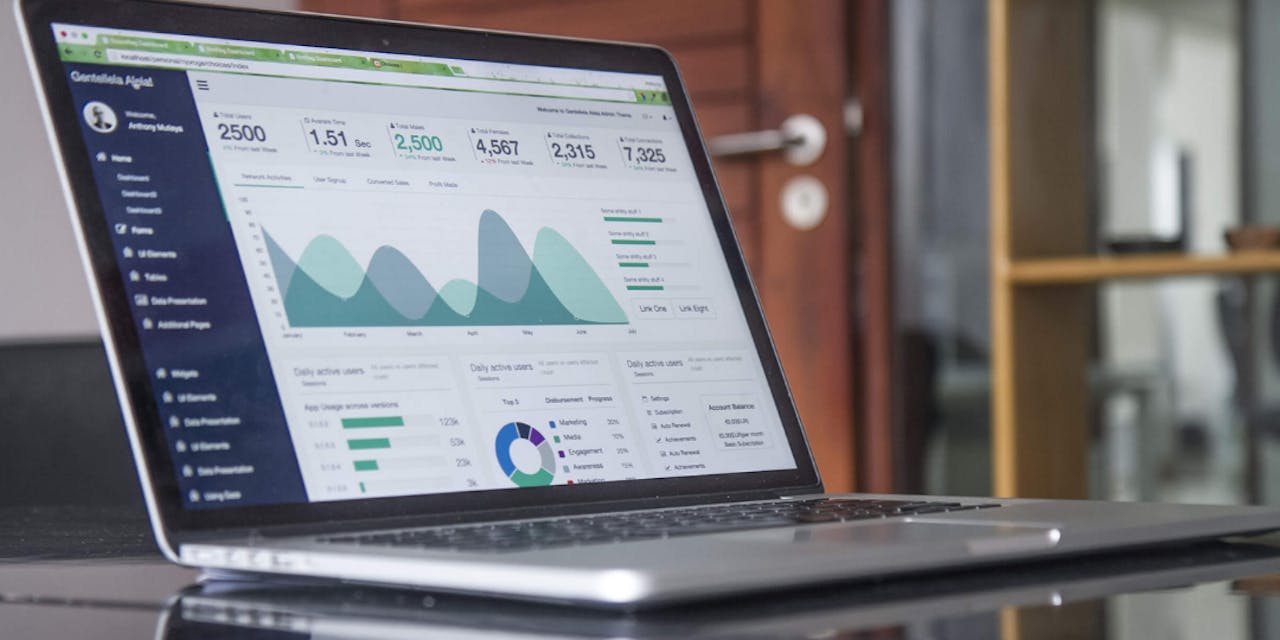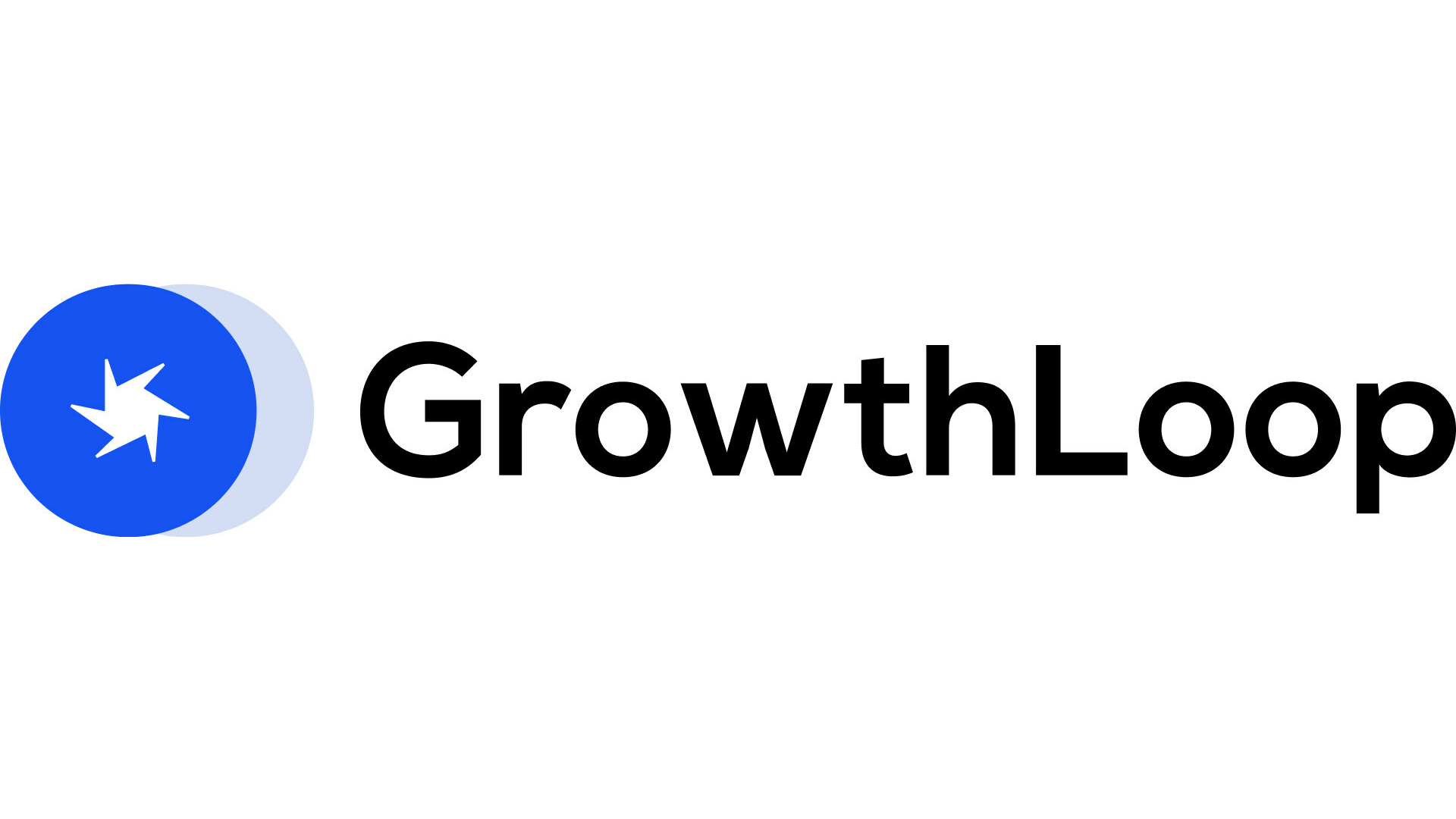#first-party-data
#first-party-data
[ follow ]
#retail-media #commerce-media #advertising #programmatic-advertising #privacy #retail-media-networks #ad-tech
Media industry
fromThe Drum
2 weeks agoPublicis leads the big six (for now). Here's how it managed to defy holdco malaise
Publicis achieved 6.3% full-year organic revenue growth in 2023, driven by strong media operations, Epsilon data demand, resilient creative agencies, and broad geographic contributions.
fromThe Drum
2 weeks agoThe custom adtech renaissance: why owning your stack matters in 2026
The digital advertising world is entering a reset. As privacy laws tighten, cookies vanish, and platform fees rise, companies are reclaiming control. Avenga's Pedro Carrascosa reveals why 2026 will be the year of the custom adtech renaissance - a shift toward building and owning adtech infrastructure. For more than a decade, we've all seen how big brands, publishers, and media companies have relied on big adtech vendors to power their digital advertising. And it worked, until it didn't.
Marketing tech
fromExchangewire
1 month agoAnonymised Launches Audience Lift to Transform First-Party Data into High-Performance Audiences
Using Anonymised's privacy-by-design, on-device technology, Audience Lift creates multiple people-based audiences that unlock smarter lookalikes and diversified targeting. Audience Lift enables advertisers to launch interest and intent-based audience strategies, allowing each audience to compete for performance across social and search channels. The solution instantly identifies which behaviours drive the highest conversion value and continuously refines targeting based on real-time performance feedback.
Marketing tech
fromThe Drum
1 month agoWhy brands still have a problem prioritising digital commerce
where I worked in the early 2000s in its rather pioneering e-commerce business (which launched, among other things, the first click and collect service). Argos was jostling with Tesco for first place at Christmas, and I've found myself reflecting on why DTC has become such a major issue for several sectors that have not traditionally had a direct path to purchase over the last few years.
E-Commerce
fromExchangewire
1 month agoNew Regit-Blis Precision Data Partnership Set to Drive EV Adoption & After-Sales Retention - ExchangeWire.com
By combining Regit's first-party vehicle data with Blis's unique mix of aggregated real-world movement, telco-derived insights, spending, and digital behaviour data, the collaboration gives automotive brands unmatched precision in reaching the right drivers at pivotal moments in their ownership journey. With drivers becoming harder to reach, smarter targeting is critical. Regit data shows two-thirds of UK motorists are considering an electric or hybrid car for their next purchase, while 76% say they will be less loyal in the low-emission era.
Marketing tech
fromDigiday
1 month ago'We don't care if you don't use our UX anymore': Yahoo recasts its DSP as a data backbone for the agentic world
That cuts against the grain of ad tech, which has spent the better part of two decades engineering software to trap budgets, data and behavior inside proprietary dashboards. But Yahoo is making a different bet. Lower the friction to exit, and it also lowers the friction to enter. If that still sounds backwards, put it this way: Yahoo is recasting its DSP less as a place marketers go, and more as infrastructure their systems can plug into.
Marketing tech
Marketing tech
fromDigiday
2 months agoThe state of identity: Evolving approaches to targeting, measurement and transparency
Fragmented identity ecosystems and fading traditional IDs leave marketers low-confidence in audience targeting, driving adoption of alternative IDs and emphasis on first-party data and transparency.
Marketing tech
fromThe Motley Fool
2 months agoThe Trade Desk in 2025: 3 Takeaways Investors Should Know Before Entering 2026 | The Motley Fool
The Trade Desk enters 2026 with a strong business but faces intensified competition, diminished execution certainty, and strategic risks from first-party data ecosystems.
Marketing tech
fromDigiday
2 months agoPublishers, social platforms and commerce media networks are staking their claim to first-party data
Broad, compliant first-party data across publishers, platforms and commerce networks enables full-cycle planning, activation, optimization and privacy-safe measurement for competitive advantage.
fromExchangewire
2 months agoPowering the Future of First-Party Data Activation with Audiences' Hugh Stevens
The last decade has been defined by the convergence of these three worlds and by the dramatic evolution of the underlying technology. Ten years ago, brands started to shift away from buying hardware to store data and implementing software stacks in the hope they could extract value. Today, cloud infrastructure underpins almost everything we do, personally and professionally. The way we access, analyse, activate, and share information has been transformed.
Marketing tech
fromExchangewire
3 months agoAnonymised & Bytek Partnership Enables Secure First-Party Data Activation for Expanded Customer Reach
Prediction and detection algorithms are at the core of the Bytek Prediction Platform, the prediction platform that unlocks the power of secure, privacy-compliant first-party data for enterprise advertisers. These models enable the creation of audiences based on product and thematic interests, as well as predictive segments built on customer lifetime value (Predictive LTV) and conversion probability (Action Prediction). These audiences are then activated through Anonymised's technology, which ensures the secure processing of Bytek's raw analytics and eliminates the risks traditionally associated with sharing first-party data in digital advertising.
Privacy technologies
Marketing tech
fromExchangewire
3 months agoPioneering First-Party Data Software Company, AUDIENCES, Raises 2.1 million to Accelerate Market Growth
AUDIENCES secured £2.1 million to scale cloud-native software that enables secure, GDPR-compliant activation of proprietary first-party data for advertisers and data-owners.
Marketing tech
fromAdExchanger
3 months agoThe End Of Endless Scale: How AI Is Forcing A Rethink Of What 'Data-Driven' Really Means | AdExchanger
Marketers prioritize actionable, owned, high-quality data and AI-ready control over sheer scale to improve targeting, performance, and long-term measurement.
fromThe Drum
3 months agoMore marketers are now seeing connected packaging as an untapped media channel
The second annual connected packaging study from Appetite Creative polled 968 marketing execs at the start of 2023 and found a sharp rise in practitioners willing to invest in the medium. 88% of respondents say they are planning a connected packaging campaign this year and 92% agree that it is increasingly important. Last year, only 59% planned such a campaign and only 85% considered it important.
Marketing tech
fromDigiday
4 months agoFrom clicks to curation: How publishers can reclaim control of the media ecosystem
Curation flips this script. A publisher's greatest asset will always be their content, of course, but the advantage that sets them apart - the ace up their sleeve, so to speak - is their audience data. By putting that data to work in curated marketplaces, publishers can stretch the value of their content well beyond their own properties - bundling data and inventory into highly targeted, privacy-compliant packages that advertisers can buy directly.
Marketing tech
Marketing tech
fromExchangewire
4 months agoDigest: Google's Ad Tech Trial Nears Judge's Decision; Amex and Duolingo Launch Ad Platforms; Mozilla Partners with Index Exchange - ExchangeWire.com
DOJ pursues structural remedies for Google's ad tech dominance while Amex, Duolingo, and Mozilla expand ad-platform offerings and partnerships.
Marketing tech
fromMarTech
4 months agoStackAdapt unveils a martech suite combining programmatic, data and email marketing | MarTech
StackAdapt's martech suite unifies email marketing, first-party data activation and programmatic advertising to run coordinated, real-time cross-channel campaigns with advanced segmentation and dynamic creative.
Privacy professionals
fromLondon Business News | Londonlovesbusiness.com
4 months agoHow London SMEs turn customer data into smarter growth in 2025 - London Business News | Londonlovesbusiness.com
Reliable, validated first-party client data and lightweight data-quality tooling are essential foundations for SMEs to scale, comply, and enable analytics/AI safely.
fromwww.exchangewire.com
4 months agoTaboola Realize Drives Performance Outcomes for Advertisers Such as Tripadvisor, Philips Home Appliances & Ovo Energy
Taboola continues to bolster Realize with new Generative AI features that are driving clear results for advertisers as well. Realize is a technology platform that delivers outcomes at scale for advertisers, leveraging Taboola's unique supply, first-party data and AI technology. It delivers simplicity and efficiency for advertisers to run performance-based campaigns on many of the world's largest and most trusted publishers across all ad inventory, OEMs and apps.
Marketing tech
Marketing tech
fromAdExchanger
4 months agoUnlocking AI's Full Potential: Why Data Collaboration Is The Missing Link | AdExchanger
Marketers must integrate first-party data, clean rooms, and AI/ML to unify signals for real-time cross-channel audience micro-segmentation, creative optimization, bidding, and spend allocation.
Marketing tech
fromBusiness
5 months agoCookieless Measurement and Cookieless Attribution: The Future of Digital Marketing - Business
Marketers must adopt cookieless measurement and attribution, leveraging first-party data, server-side tracking, contextual targeting, cohorts, and aggregated models to measure performance.
fromFood & Beverage Magazine
5 months agoWhy Food & Beverage Magazine Is Leading the AI-Driven Marketing Revolution - Food & Beverage Magazine
Using advanced first-party data collection and real-time content analysis, the magazine creates advertising environments where every placement is strategically positioned for maximum impact. This isn't just about showing ads to the right people; it's about presenting them at the precise moment when the audience is most receptive and within editorial contexts that naturally complement the advertiser's value proposition. The results speak for themselves.
Marketing tech
fromPractical Ecommerce
5 months agoCan AI Send the Perfect Ecommerce Promo?
"Internally, we strive for the 'perfect send,' when 100 percent of the people who get the message click or engage, and no one opts out," said Alex Campbell, the chief innovation officer and co-founder at Vibes, a mobile marketing platform. Campbell was discussing the potential for AI individualization (AI-I), Rich Communication Services, and mobile marketing in the retail sector when he described this 100% engagement, 0% opt-out scenario.
E-Commerce
fromMarTech
5 months agoHow customer analytics closes the gaps in performance measurement | MarTech
Attributed revenue, ROAS, conversion rate - traditional marketing metrics track efficiency but often miss the signals that reveal which customers drive growth. Today, first-party customer data is more accessible and valuable than ever. And when combined with AI, it opens the door to a new era of customer-centered performance measurement. Customer analytics shifts the focus from channels to customers, framing analysis and activation around engagement, growth and predicted value.
Marketing
Marketing tech
fromExchangewire
5 months agoDon't Give Away the Advantage: Bring AI to Your Data - ExchangeWire.com
Deploy a custom, in-house AI layer using first-party data to deliver transparent, privacy-compliant, higher-performing, personalized advertising while retaining data control and competitive advantage.
fromThe Drum
5 months agoWhy digital marketers should treat trust as a strategic asset
The digital marketing landscape is undergoing a seismic shift. As third-party cookies disappear or deteriorate and consumer privacy takes center stage, marketers face a pivotal choice: adapt or become irrelevant. Success in this new era means moving beyond mere compliance to build strategies rooted in trust. The terrain is complex. Regulations such as GDPR and CCPA are a net positive for consumer rights, but can create issues for marketers.
Privacy technologies
fromAdExchanger
6 months agoMeta's Latest Whistleblower Report; It's QVC, But A Nightmare Dystopia | AdExchanger
According to the complaint, Meta inflated the ROAS of its Shops ads campaigns, which incorporated the costs of shipping fees and taxes as part of the attributable sale, despite those never going to the merchant or brand. Meta's other ad products, and those of other platforms, including Google and Amazon, don't count taxes or fees in their ROAS calculations. More damning, when data scientists identified the inflated ROAS, and Shops ads otherwise performed no better than "business as usual" campaigns, higher-ups continued to misrepresent ROAS.
Marketing tech
[ Load more ]






















